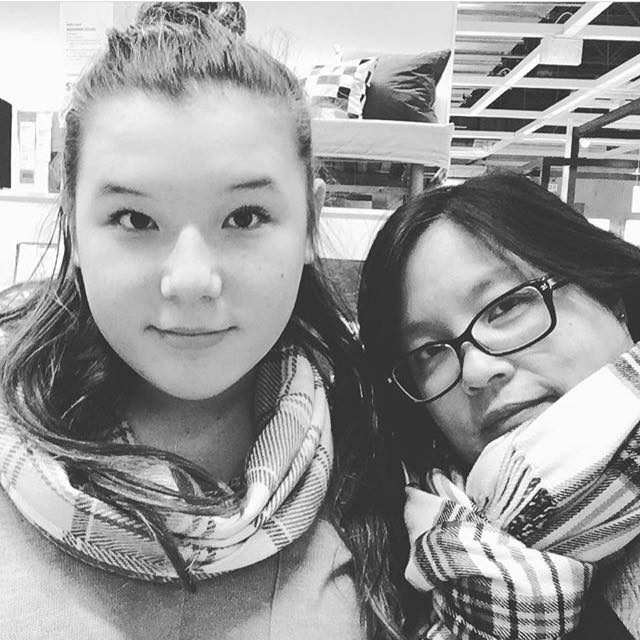Authenticity

I am often reminded about authenticity in everything that I do. It’s something that I wrestle with from time to time. Often, I wear my heart on my sleeve. What you see is what you get. My preference is to work in a collaborative and collegial environment where all those in the community are wholehearted, kind, and well-intended. I thrive in a community of learners were all participants are willing to question to seek a deeper understanding and share their expertise to build capacity.
When am I being true to myself? With others? And, when am I not? The classic edu-answer is… it depends. I feel my best when I am authentic. I was at a meeting the other day I was my whole self. I did not hesitate to ask questions, get clarification, or say what I mean. I was willing to be swayed one way or the other and people could take or leave what I had to say. The gratifying part of this experience was that my voice was integrated into the final outcome. I did not pretend. I was not silent. I put myself forward and I feel proud to contribute my thoughts wholeheartedly.
When I am pretending or silent… which by the way I’m not very good at… I am trying to make an impression. Sadly, the impression I leave is not my authentic self… thus, am I leaving the right impression? This is why I feel uneasy about job interviews. You are trying to make an impression but can you be somebody that you’re not? I would imagine what kind of person the employer is looking for and leave myself aside. It never felt very good and not sustainable. However, I participated in an interview recently and opted by be myself. I’m not sure if this was good or bad thing in terms of the final outcome, but I surely walked away feeling good. I’m either a match or not.
As an educator, I am my authentic self. I try to be upfront and vulnerable. I like to make a connection with my clientele and I share my expertise to the best of my abilities. Although I am open to the clientele taking or leaving what I have to share, it’s difficult to hear negative criticism of my work when I am putting all of my cards on the table. When the comments are complimentary, it feels great, of course. It’s validating and reaffirming. When the comments are not so good, it’s a swift blow to the head, which makes me want to reconsider my authentic, wholehearted approach.
I can see why it is extremely difficult for people to be themselves without being judged. The fear of judgement is the antithesis of our deep desire to belonging and be accepted. I’m OK with feedback. Formative feedback. How can I be a better me? How can I be better at what I do? When I receive a negative comment, I need time to figure out what I could have done better. When others are pretending or silent, it makes me question. This is not respectful, kind or compassionate. It’s just perpetuating what I am trying to resist. Authenticity is a two-way relationship.